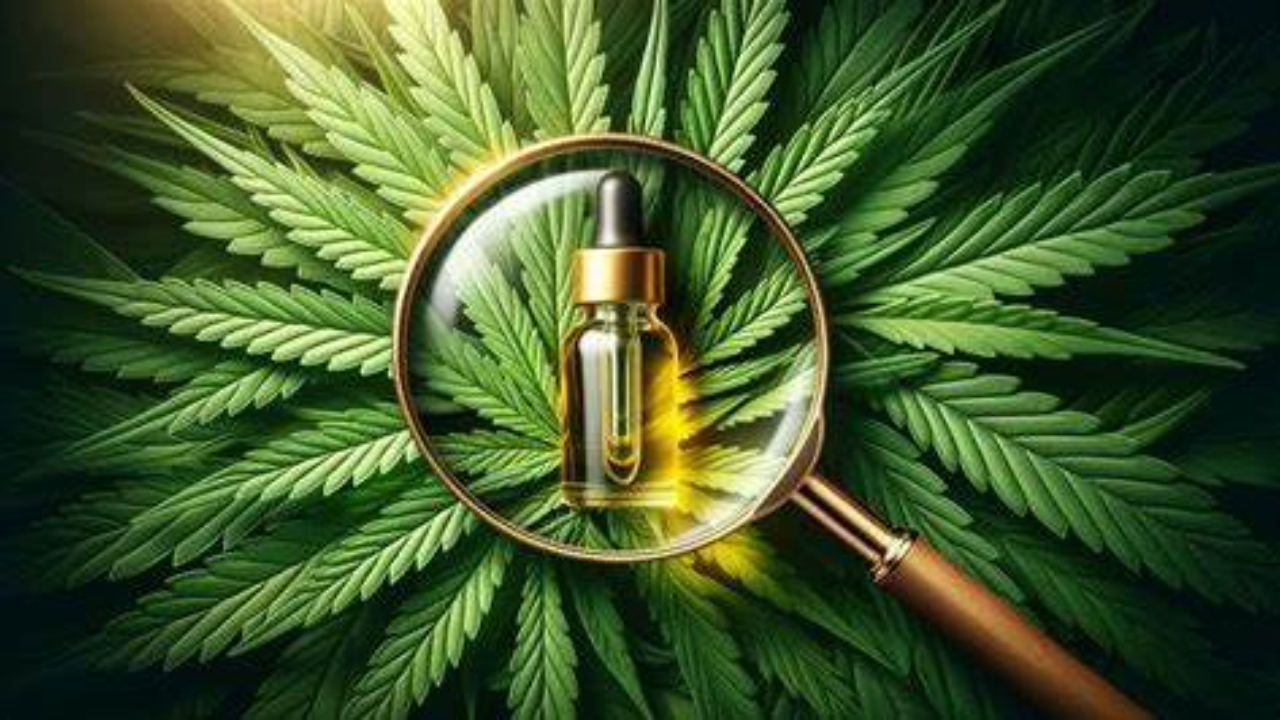How To Validate the Purity of The CBD Product You Buy?
Apr 30, 2025
Introduction
To date forty-seven states have legalized cannabidiol or CBD whether originating from hemp or cannabis. Unfortunately, many of the states that allow CBD have no testing requirements to assess for contaminants as in fungus, bacteria, pesticides, herbicides and heavy metals. Why is this an issue? Because CBD taken from hemp has a higher assimilation of heavy metals from the soil. Hemp is a bio-accumulator of soil components so it is critical you demand a secondary analysis of the contents of the product you buy.
Consumers need to take control of matters and request a document that gives all the pertinent assessment of possible substances that can be harmful to one’s health. That document is called a Certificate of Analysis (CoA) which is provided by a third- party Laboratory. This document gives peace of mind of the integrity and quality of a product which is critical to any consumer.
If you buy a used car, do you look at the exterior and underneath for oblivious problems: but would you really buy a car without getting the Carfax or having your mechanic look under the hood? The same goes for CBD products. They probably tell you the truth about their products, but every CBD vendor should easily provide test results from a neutral third-party lab.
State Requirements
The state of Arizona requires compliance tests since November 2020 on all CBD Products sold in a dispensary. Dispensaries need a passing lab analysis – one that shows no contamination – for every product on the shelves. Some states like Indiana and Utah, however, require a QR code or link so a consumer can access the testing results after a quick scan off the product label.
What Does a Certificate of Analysis Provide?
A Certificate of Analysis (CoA) will confirm the amount of CBD or THC present in a product including all other identified cannabinoids. In addition, a breakdown of any solvent residue, pesticides, herbicides, bacteria, fungus, or heavy metals. A CoA is a report from an accredited laboratory that details the chemical analysis of a substance in each batch of CBD. The following are the contents provided on a CoA to give the needed assurance to the customer.
The United States Food and Drug Administration emphasizes that each CoA should be dated and signed by the authorized personnel from the lab’s quality control unit before it is released.
Conclusion
In response to an increased interest in CBD, the United States Hemp Authority is sponsoring “Truth in Labeling,” to provide product transparency and to build community trust. Part of the label will require a QR code or link for the public to access the inspection of the product from a third-party laboratory. A CoA is one step in the right direction to provide assurance that the constituents of the product will cause no harm.
Legislation is lagging between states for the regulation and safety of CBD products. However, Arizona is stepping up and providing the necessary steps to assure the public that the product they are purchasing does indeed cause no harm and is ‘clean’. Traveling to another state and purchasing a CBD product may not however, carry such scrutiny and transparency as are present in our state—so buyer beware!
Consumer choice is paramount in today’s environment where health and wellness is front and center with the U.S. public. Brands need to pass a new consumer acid test, according to the Edelman Trust, which reports that 90 percent of U.S. consumers expect brands to look out for their health.
CBD has taken the health and wellness market by storm from tinctures to salves to gummies and vapes. Consumers worldwide have embraced CBD eagerly yet the rapid growth in this industry has led to a wild west-style expansion that has brought with it questionable products that do not always meet customer standards. Therefore, confirmation of product purity can be found in the state of Arizona for CBD in the form of a Certificate of Analysis, to provide assurance of its safety for consumption.

